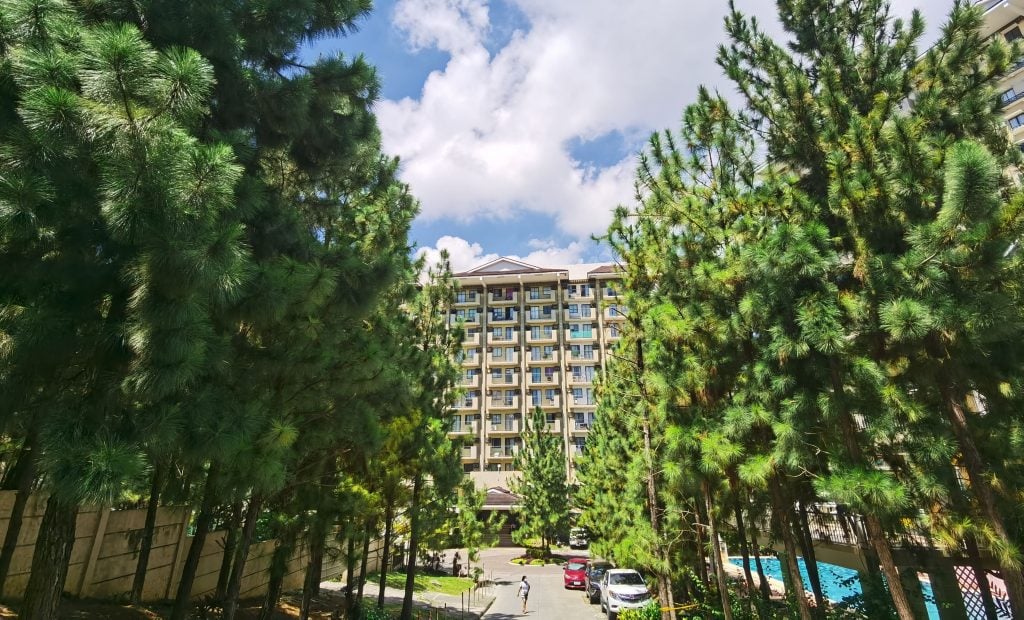Condominium living has several advantages. From community living to walkable urban areas, condominiums are an excellent choice for first-time home buyers and those looking to enjoy homeownership without the hassles associated with it.
In contrast to an apartment rental, condos are individually owned units within a building. When you purchase a condominium, you will be responsible for a monthly fee that will be collected by the condominium association. This association is responsible for maintaining the exterior and common areas.
What is a Condominium?
A condominium, alternatively referred to as a condominium, is a housing or residential complex comprised of separate units, each of which is owned by an individual. When a person rents a condominium, they do so directly from the condominium owner.
Condo owners are responsible for the upkeep and repair of their individual units. Apart from that, they are required to pay regular condo association dues. These fees go toward the upkeep of shared common areas, building amenities, and the complex’s exterior.
Suggested Read: Condo vs. House and Lot: Which One is for You?
Types of Condominiums

Condominiums are classified into two types: freehold and leasehold. With freehold condominiums, the tenant owns the unit outright. Leasehold condominiums require tenants to enter into contracts with their landlord rather than own the unit.
Individual condo units typically comprise a single building or a complex of several buildings within a condo community. However, detached condos are also available, in which owners live in their own freestanding house unit – more akin to a single-family residence – but pay into a condo association that manages the community’s shared space.
We’ll look at six distinct types of condominiums and how each ownership varies.
Condo Home
A typical condo home is a residential property in which the owner owns only the portion of the building that houses their residence. This contrasts with a single-family residence, or what is commonly referred to as a “house,” in which the owner owns both the dwelling and the land on which it is located.
Suggested Read: Mid-rise Condominium Developments Now On The Rise
Condo Share
Typically, a timeshare condo, or condo share, is used as a second home or vacation residence. Each year, its tenants are assigned a specific time and number of days to use the condo.
Condominium shares are typically subject to fees such as maintenance and property taxes and are not classified as investment properties. These units can be difficult to sell, but they provide desirable locations at a fraction of the cost of resorts or hotels during the vacation season.
Detached Condo
Detached condominiums offer all the benefits of condominium living with the added benefit of low maintenance and planned communities within a HOA. The primary distinction between these types of condos and condominium homes is the absence of common walls. Rather than that, a detached condo community is located near a city, and units are frequently clustered together.
Private Condo or Private Own Apartment
A private condo or apartment is owned by the landlord of the unit. These condos are typically rented to tenants, but they differ from standard apartments. The application process, eligibility requirements, and deposit amounts may vary for these types of rental condominiums.
Suggested Read: Condo vs. Apartment: Which One is for You?
Condo Building
A condominium building is a complex comprised of individually owned units. Typically, ownership is controlled by a HOA or community property management organization that is responsible for property upkeep and some maintenance.
Condominium Developments
The term “freehold condominium development” refers to developments in which the developer owns the land on which the units are built. When a tenant purchases a condominium, ownership is transferred to the purchaser. The primary distinction between freehold condominium developments and traditional condominium buildings is that owners are responsible for maintaining their own units, including exterior walls, while management maintains common areas.
The Advantages of Purchasing a Condo
The advantages of purchasing a condo over renting or owning a single-family home include increased amenities, reduced maintenance, and affordability. Condominiums are excellent choices for empty nesters looking to downsize, seniors seeking less maintenance, and first-time home buyers seeking an urban starter home.
- Amenities
- Less Maintenance
- More Affordable
The Disadvantages of Purchasing a Condo
As with any home purchase, there are certain factors to consider when shopping for a condo. If you’re not interested in paying additional costs on top of your mortgage or in adhering to community rules, condo living might not be for you.
- Restrictions and fees imposed by homeowners’ associations
- Reduced area
- Less privacy
Own a Condo in the Philippines with Camella

You can own a condo in the Philippines through Camella, the country’s most popular housing real estate brand. After a four-decade run of offering themed communities to local and foreign Filipino workers, this brand now offers condo units for sale in the Philippines’ growing and developing key cities outside of Metro Manila.
Purchase and invest in pre-sale, ready for occupancy (RFO), and even rent to own condo units in Caloocan, Lipa, Bulacan, Puerto Princesa, Bacolod, Butuan, and Davao City with Camella condo for sale units.
Camella Manors is Vista Land’s most cost-effective mid-rise condominium project to date. The brand was founded on the principle of creating an environment where staying in is as pleasurable as going out, which is more important than ever in the era of the “new normal.” Camella Manors also benefits from the growing popularity of work-from-home opportunities, as many residents of Metro Manila relocate to their hometowns to pursue careers in a less congested environment.
The brand’s mission is to reinvent condominium living through the lens of five core values: prime location, suburban environment, security and wellness, value for money, and prudent home investment.
Given the high demand for condominiums, Camella Manors is poised to become the sector’s next major player. Additionally, the brand is confident, making it an excellent investment for investors and homeowners alike.
Suggested Read: Top Reasons Why We Should Move-out from Metro Manila
Conclusion
Before you apply for preapproval, it’s critical to understand not only the different types of condos, but also their respective advantages and disadvantages. While condo living has several advantages, including low maintenance and access to amenities, it also carries the risk of noisy neighbors, reduced privacy, and high monthly fees.

